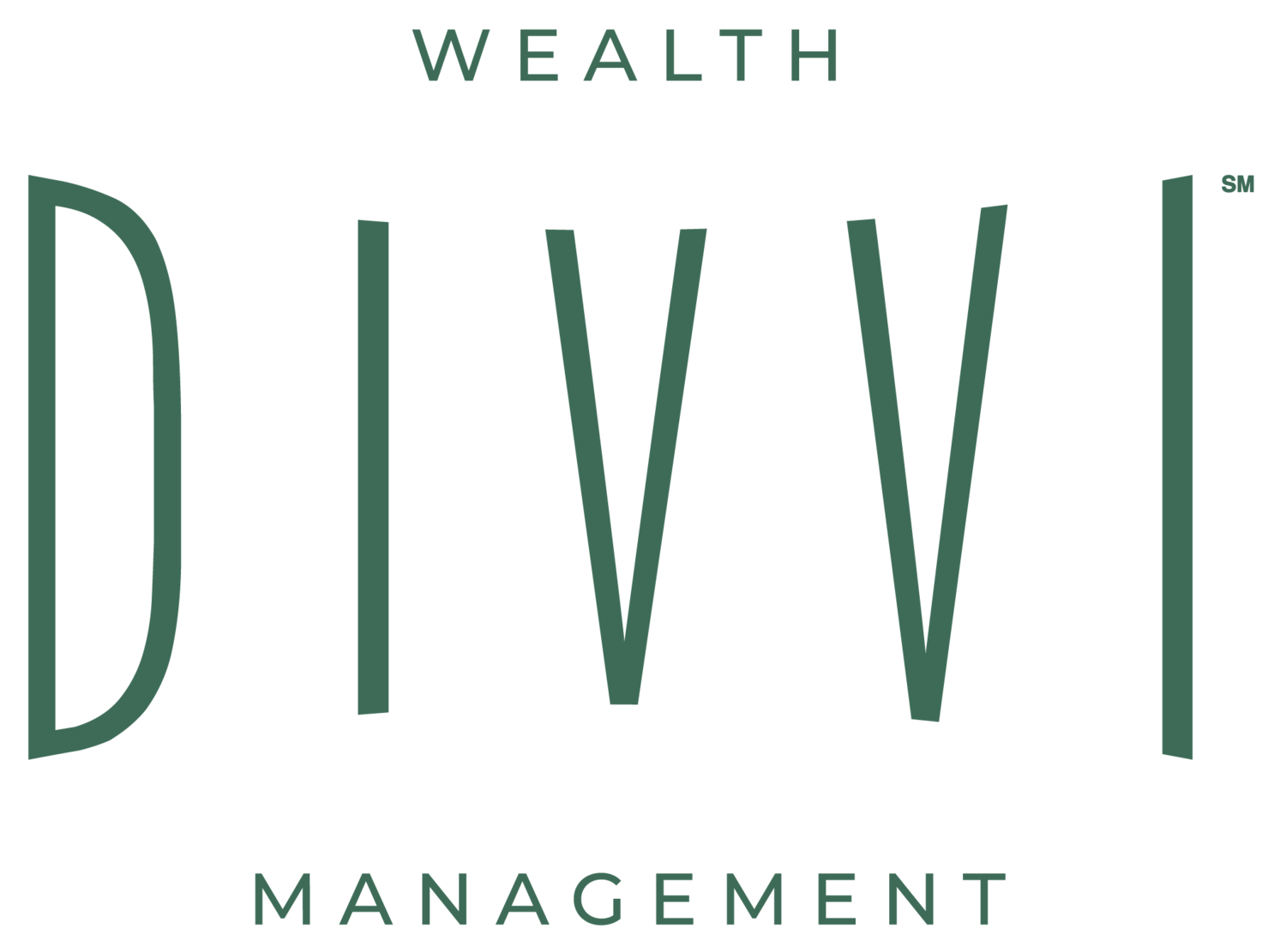The Modern Investor
Written by Human Advisors, for Human Investors
Prefer YouTube?
Author
Category

Turning 50? It May Be Time to Catch Up
Turning 50 in 2026 comes with a valuable perk: bigger “catch-up” contribution limits for workplace plans and IRAs. Here’s a guide to the new numbers—plus a few coordination tips (matching, multi-plan rules, and upcoming Roth-only catch-ups for higher earners) to help you make the most of the year.

Year-End Capital Gains Season: Why Mutual Fund Distributions Can Surprise You (and 5 Tax-Planning Reminders)

Are You Flush With Cash?
Assets in money market funds are at record levels. While Americans may be “flush with cash,” their stake in other financial assets also appears to be at all-time highs.

The Mega Backdoor Roth to Create After-Tax Wealth
For high-income earners seeking smarter ways to grow their retirement savings, the Mega Backdoor Roth strategy offers a powerful solution. This strategy could unlock tax-free growth potential while reducing future required minimum distributions (RMDs). Imagine creating a $1.5 million bucket of tax-free income over 20 years—all while maximizing your retirement planning flexibility. Dive into our guide to learn how the Mega Backdoor Roth could transform your financial future.

Recession Predictions: Noise or Necessity?
Fear and greed are two powerful emotions, and news stories highlighting a potential recession are common.
Predicting the next recession is a tough game, and one I’d prefer not to play. It may be a bit more interesting and useful to look at past recessions and their impact on investors.

The First 100 Days in 8 Charts
The first 100 days of the new administration have been…eventful. Many of the 2025 forecasts published last December have been cast aside. Companies are starting to report first quarter earnings, and many are opting to forego any forward-looking guidance. The near-term future seems too uncertain. Markets have been volatile, but there have been some bright spots. Here are eight charts that hopefully provide some perspective around these first 100 days.

Tariff Tantrum

Direct Indexing Primer: Lower Taxes, More Control Over Your Portfolio?
Direct indexing isn’t a one-size-fits-all solution, but for the right investor, it can be a powerful tool for managing taxes, diversifying a portfolio, and aligning investments with personal preferences. As with any investment strategy, it’s important to weigh the potential benefits against the risks and consider whether it fits within your overall financial plan.

The Hidden Potential of HSAs
Only 13% of HSA balances are invested in something other than cash. Don’t miss out on long-term growth – learn why investing your HSA could mean $168,000 more over 20 years.

2024 Recap and Observations
Investors concentrated in big U.S. growth companies – or crypto – likely celebrated 2024 performance. And those with a more diversified approach, while still earning decent returns, were probably less enthused.
Read our 2024 recap and observations, as well as 5 thoughts for 2025.

Investors React to Election with Big Stock Market Gains. What Can We Learn from the Previous Election?
The U.S. stock market responded to Tuesday’s election with big gains. International stocks fell, as did bonds. What does this mean, if anything, about what we can expect for the next four years?
We looked at how markets behaved following 2020’s election. Keep in mind, our economy is complex and markets react to a wide variety of inputs. Elections and government leadership are just part of the puzzle.

The Fed Cut Rates. What Comes Next?
September may have marked the beginning of the newest cycle in which the Federal Reserve cuts rates. Short-term rates continued to fall in every prior period. But changes in longer-term rates have been more muted and more challenging to predict.
The impact from rate cuts will likely depend on one’s perspective. Falling short-term interest rates are likely to impact savers, investors, and borrowers differently.

Potential Benefits of Health Savings Accounts (HSAs)
Health Savings Accounts offer significant potential tax advantages. Contributions are made with pre-tax dollars, grow tax-deferred, and withdrawals for qualified medical expenses are tax-free, making HSAs triple-tax advantaged. To qualify for an HSA, one must be covered under a high deductible health plan (HDHP) and meet other specific criteria. It’s important to weigh the higher out-of-pocket costs against the long-term benefits.

Time to Consider Roth Conversions?
Would you like to pay more income tax this year? It might not be as crazy as it sounds. Roth conversions – the process of moving money from a pre-tax retirement account to a tax-free, Roth alternative – can be a powerful retirement income planning and tax planning tool. But it likely means pulling income from the future to the present, along with any associated income tax.

Interest Rates Are About to Fall: Should You Act?

August’s Rough Start: A Few Thoughts
If market action from the first week of August and the corresponding headlines gave you anxiety, you are not alone. But that alone does not mean you need to make dramatic changes. If you have not already done so, I would suggest revisiting your plan. Review how much risk, intended or otherwise, you are taking with your investments. And, if nothing else has changed, it may be time to recommit to your long-term goals.

Update from the First Half(ish) of 2024

What I Did Wrong Saving for Kids
For my wife and me, saving for our kids was always a priority. We have three children, currently between 6 and 11 years old. We were fortunate to leave college without a dime of debt, and it was important to us that our kids have the same opportunity. Here is what we did, and what we would do differently if we were starting over today.

How to Beat Inflation
One of the biggest threats we all face is inflation. We recently wrote about how it can destroy returns on cash investments. Fortunately, the inflation puzzle has historically had a relatively simple solution: invest.

How Much Cash is Too Much?
Is Cash Trash? Historically, cash has not been one of the best long-term investments, especially after we consider taxes and inflation, and relative to other options that have protected or even grown purchasing power.
